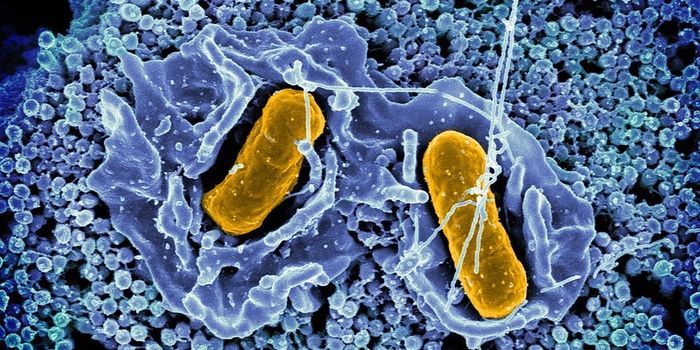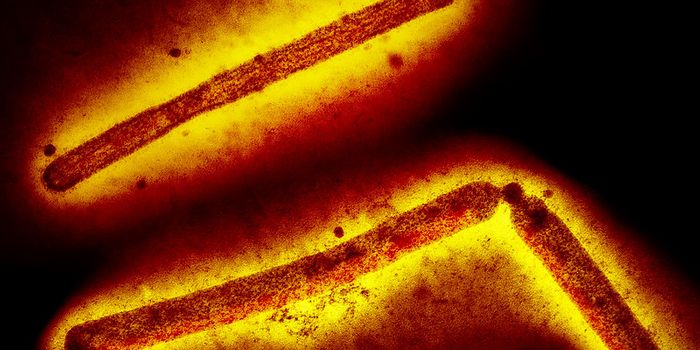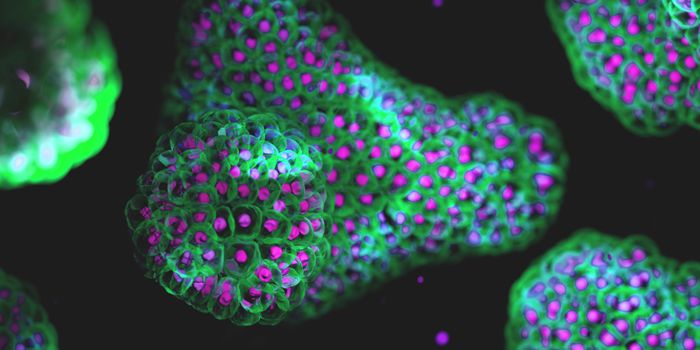Melioidosis is a potentially deadly bacterial infection, and it’s more widespread than many thought.
Melioidosis is caused by the bacterium
Burkholderia pseudomallei, a Gram-negative, rod-shaped cell. They live in the soil and warm, tropical waters where they probably colonize plant roots.
B. pseudomallei is known to live in 45 countries, most all within southeast Asia. However, a recent study estimates it has likely spread throughout the tropics, infecting nearly 165,000 people every year.
These bacteria can infect the skin, causing inflammation, muscle aches, and abscesses. They also infect the lungs, causing chest pain, a cough, and sometimes pneumonia. In serious cases, organ damage can cause death within just 48 hours. The mortality rate can be quite high - up to 70% - owing to the fact that melioidosis is notoriously difficult to diagnose. It is known as “the Great Mimicker”, since its symptoms are common to many other infections.
B. pseuduomallei is also one tough cookie. According to a group of Thai researchers, cells have reportedly survived being stored in nothing but distilled water for nearly two decades. This makes
B. pseudomallei an ideal bioterror agent. According to University of Calgary microbiologist Donald Woods, “the organism is much more dangerous when inhaled. The lethal dose drops dramatically if given by an aerosol route. So there are real concerns about bio-terrorism use by an aerosol”.
For the most part, however, melioidosis is not easily spread from person to person. The greatest risk comes from working in tropical rice fields, or inhaling the bacteria after typhoons and storms.
Sources:
NPR, Wikipedia









